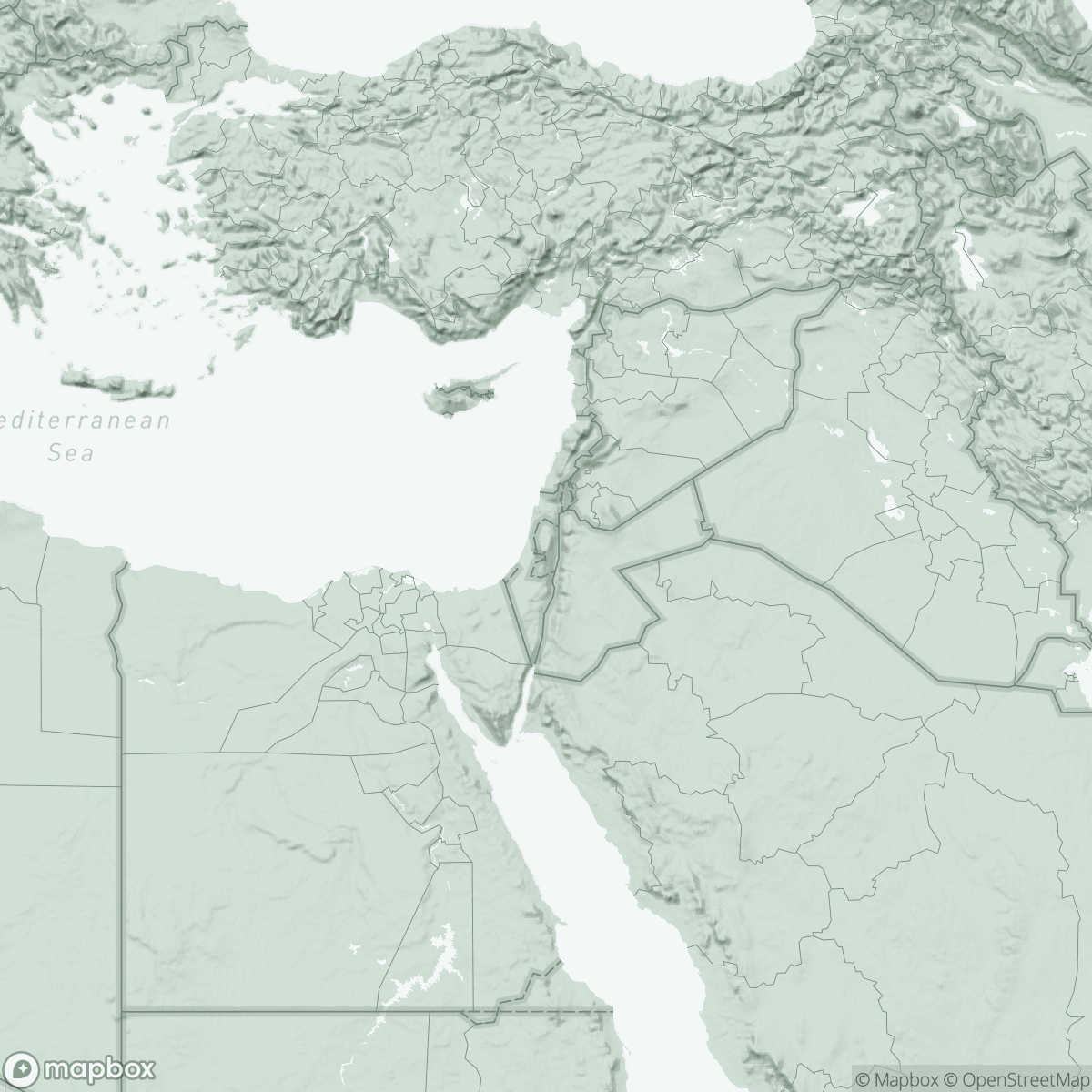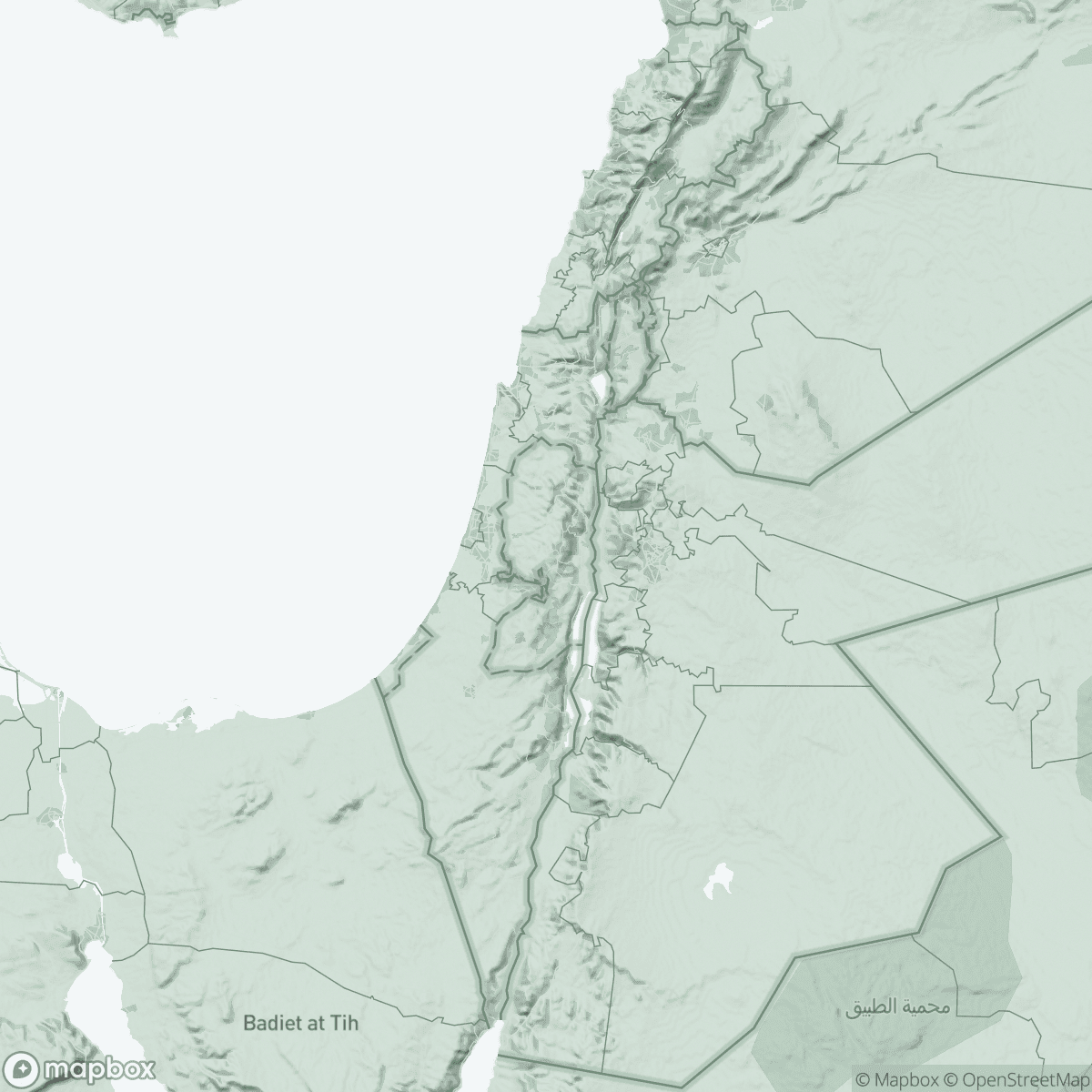
This winter, babies in Gaza at risk of disease and death
In 1 click, help us spread this information :
Israel´s ongoing war on Gaza has forcibly displaced over 1.9 million people, leaving families to endure winter in fragile, makeshift tents with minimal protection from the cold. Children are especially vulnerable to various health risks as temperatures are dropping, and families continue to lack proper access to essential items such as water, food, and warm shelter.
On 25 December, three babies, all under one month of age were brought dead on arrival at Nasser Hospital, in Khan Younis, Gaza. They died because of cold temperatures, according to the Ministry of Health. These children were living in tents in Al Mawasi, Southern Gaza, where thousands of Palestinians have been forcibly displaced by the Israeli forces and live in overcrowded, unsanitary conditions. With winter setting in on worn-out tents, conditions in the area have become unbearable. Families are living in fragile tents that barely isolate the winter rain. Most families cannot afford the means to stay warm, including firewood, gas, or even warm blankets, which can cost up to $200, even when available in local Gazan markets.
“Last winter - although people were already displaced and the conditions were harsh - there were still some buildings to take shelter in. Today, after 14 months of war and destruction of infrastructure, most of the people in Gaza are living in tents that barely isolate the cold wind and rain. Just in the past 12 hours the rain hasn´t stopped,” says MSF emergency coordinator Pascale Coissard.
At the MSF-supported paediatric department of Nasser Hospital in Khan Younis, the impact of the humanitarian catastrophe on children's health is evident. MSF teams in the neonatal intensive care unit (NICU) are treating children with respiratory infections, dehydration, and premature newborns with complications – conditions that can be life threatening to newborns and premature babies. From October 2024 to December 2024, the MSF supported neonatal intensive care unit has had 325 admissions.
The exceptional conditions we have gone through in the past 14 months, as well as now the drop in temperatures further deteriorating the living conditions in the worn-out tents have made these kids more prone to hypothermia”, says Dr. Mohammad Abu Tayyem, MSF paediatrician at Nasser Hospital.
The health needs of children are so high that the paediatric department, including the NICU have been operating beyond its bed capacity since July with around 25 beds, all full. Over a quarter of the patients in the department are admitted for respiratory distress syndrome, a condition that can present in premature infants, making them even more vulnerable in dire living conditions many face in Gaza.

Even before their lives have started outside the womb, babies are at risk of disease and death," says Coissard.
"Once born, babies face immediate and extreme challenges: displaced in the cold of winter, without adequate access to warmth, shelter, or healthcare, as Israel continues to bomb Gaza and restrict essential supplies from entering the strip, while looting of aid trucks within the enclave is making it difficult for that small amount of aid allowed by Israeli authorities to reach those in need”.
MSF’s activities in paediatric, neonatal, and obstetric care are just a drop in the ocean of high medical needs in Gaza. An immediate and permanent ceasefire in Gaza is the only solution to ease the suffering of Palestinians and guarantee access to healthcare and humanitarian aid. MSF calls on the Israeli authorities to ensure rapid, unimpeded and safe entry of humanitarian aid at the level sufficient to address people´s needs, including winterization supplies, and medical supplies. MSF calls for all parties to ensure safe routes to move humanitarian assistance inside the Gaza Strip.


